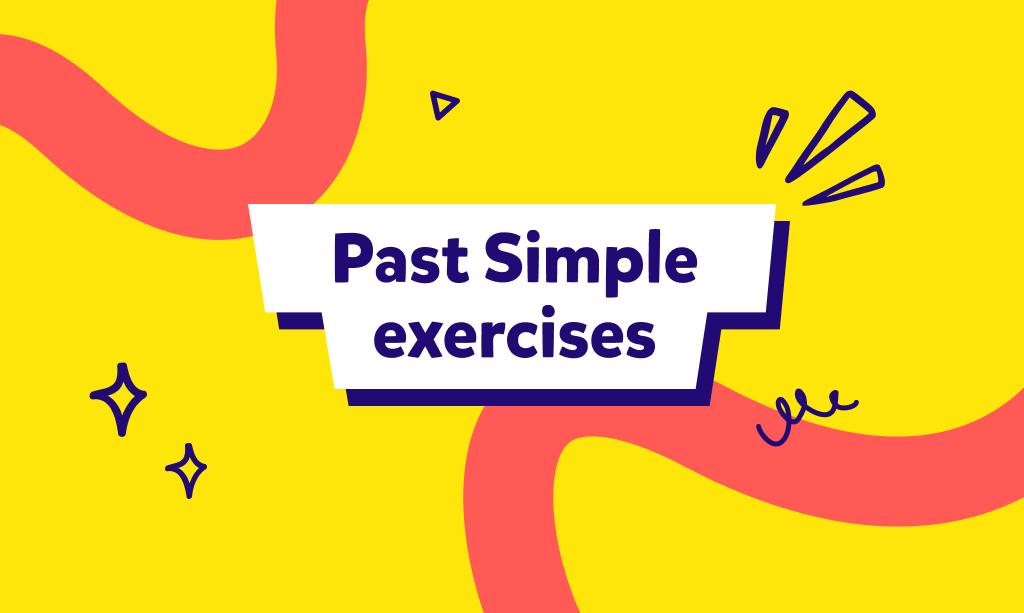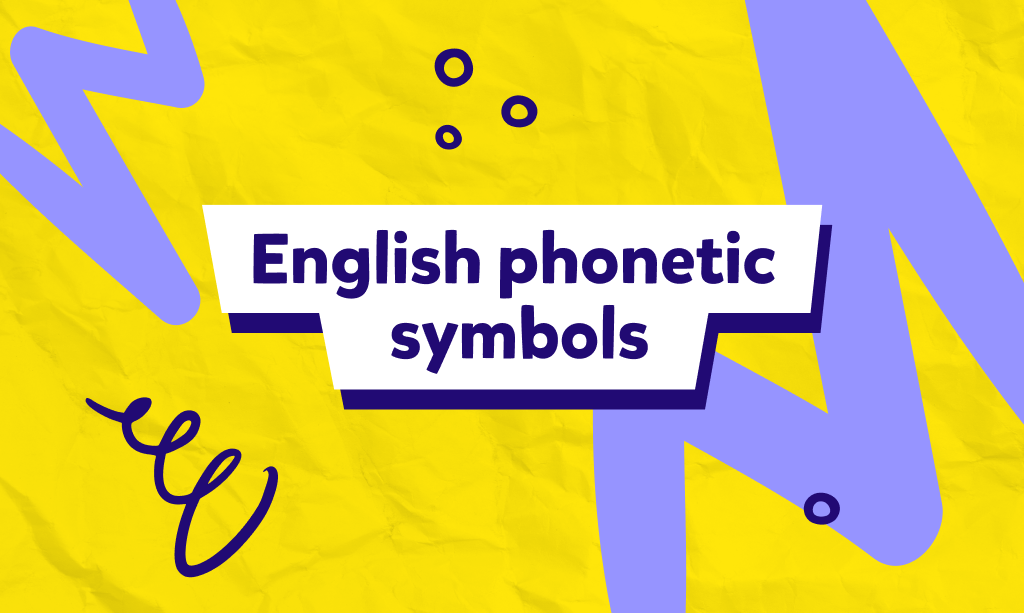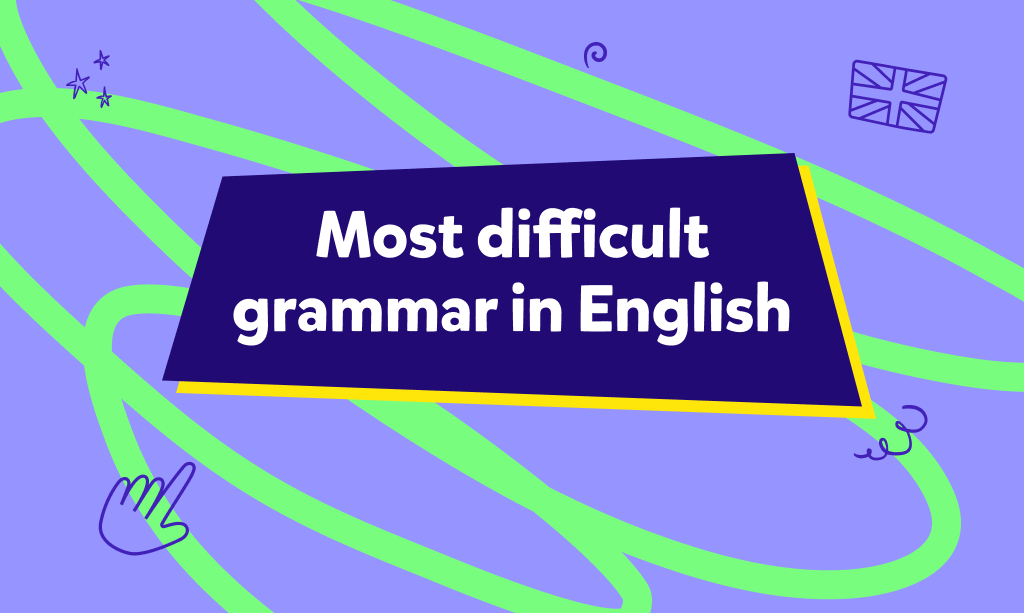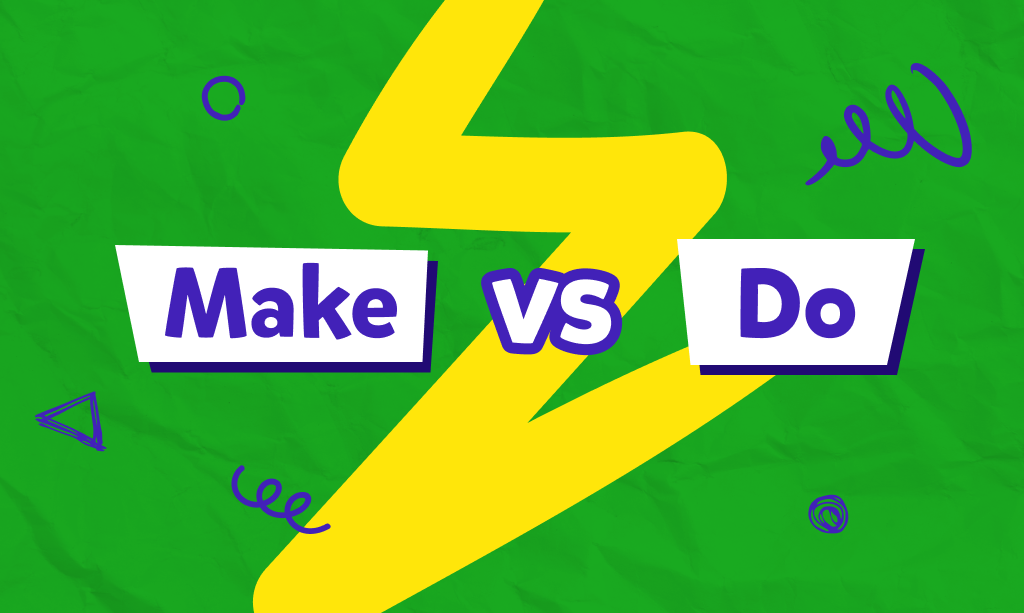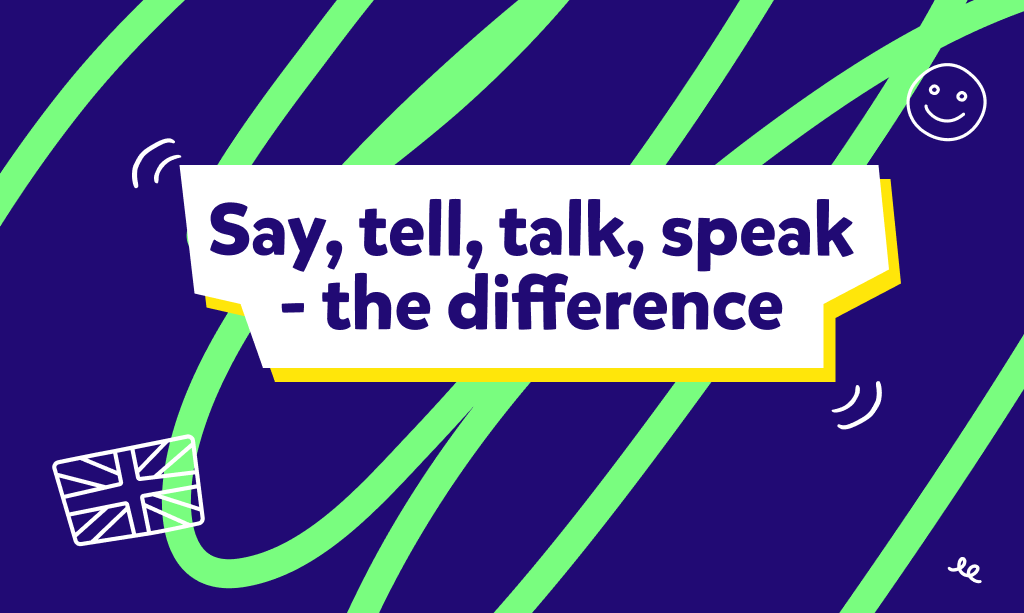تمارين زمن الماضي البسيط في اللغة الإنجليزية: ملء الفراغات، ترتيب الجمل، وأكثر!
- ما هو زمن الماضي البسيط في اللغة الإنجليزية؟
- تمارين زمن الماضي البسيط في اللغة الإنجليزية: الأفعال المنتظمة والشاذة
- تمارين زمن الماضي البسيط في اللغة الإنجليزية: ترتيب الكلمات لتكوين جملة صحيحة
- تمارين زمن الماضي البسيط في اللغة الإنجليزية: الاستخدام مع الظروف
- تعرّفوا على نوفاكيد!
في اللغة الإنجليزية، نستخدم قاعدة الزمن الماضي البسيط بشكل متكرر عندما نتحدث عن أحداث وقعت في الماضي. سواء في الحياة اليومية أو في اللغة المكتوبة، يُعد تعلم هذا الزمن من خلال تمارين الزمن الماضي البسيط من أفضل الأشياء التي يمكنكم القيام بها.
بعد مراجعة الموضوع، يمكنكم تعزيز معرفتكم بالزمن الماضي البسيط من خلال التمارين الموجودة في هذا المحتوى. دعونا نتذكر أولاً كيف نستخدم زمن الماضي البسيط، ثم ننتقل إلى الممارسة!
ما هو زمن الماضي البسيط في اللغة الإنجليزية؟
بعد أن نراجع باختصار أين وكيف يُستخدم زمن الماضي البسيط، سنعزز معلوماتنا من خلال التمارين. لمزيد من الشرح التفصيلي، يمكنكم الاطلاع على درس موضوع الماضي البسيط في المحتوى الخاص بنا.
مجالات استخدام الماضي البسيط
زمن الماضي البسيط، الذي يعادل في اللغة العربية “الزمن الماضي”، يُستخدم كما يشير اسمه للتحدث عن الأحداث التي حدثت في الماضي. نستخدم هذه القاعدة عندما نتحدث عن الأحداث التي وقعت في وقت معين في الماضي وانتهت تأثيراتها.
لتوضيح أكثر، نستخدم زمن الماضي البسيط عندما نتحدث عن عاداتنا السابقة (مثل “used to”)، عندما نتحدث عن أحداث تحدث بشكل متتابع، وأيضًا عندما نذكر الأحداث التي انتهت في وقت معين في الماضي.
هنا يجب ألا نخلط بين زمن الماضي البسيط وزمن الحاضر التام (present perfect). بينما يُستخدم الماضي البسيط للحديث عن أحداث معينة في الماضي، يُستخدم الحاضر التام للحديث عن أحداث وقعت في الماضي ولكن لا تزال آثارها مستمرة. يمكنكم دراسة الفرق بين الماضي البسيط والحاضر التام بشكل أعمق في المحتوى الخاص بنا.
كيفية استخدام الماضي البسيط
منطق بناء الجمل في زمن الماضي البسيط بسيط جدًا. كل ما علينا فعله هو إضافة “-ed” إلى الأفعال المنتظمة، بينما نستخدم الشكل الثاني من الأفعال الشاذة. ولا نحتاج لإضافة أي لواحق بناءً على الفاعل.
مثال: I walked (لقد مشيت.)
مثال: You loved them (أنت أحببتهم.) في هذه الأمثلة، لأن الأفعال “walk” و “love” منتظمة، فإنها تأخذ اللاحقة “-ed”.
مثال: He made a cake for me (لقد صنع لي كعكة.) في هذا المثال، الفعل “make” هو فعل شاذ، لذا استخدمنا شكله الثاني “made”.
- لبناء الجمل السلبية، نستخدم الفعل المساعد “did” مع أداة النفي “not” لتشكيل “did not”. يمكن اختصارها إلى “didn’t”. في هذه القاعدة، لا نضيف “-ed” أو الشكل الثاني للفعل الرئيسي، لأن الفعل المساعد يعطي بالفعل معنى الزمن الماضي.
مثال: I didn’t go to school yesterday (لم أذهب إلى المدرسة أمس.)
- لبناء الأسئلة، نضع الفعل المساعد “did” في بداية الجملة. في هذه الحالة، لا نحتاج لاستخدام الشكل الثاني من الفعل الرئيسي.
مثال: ?Did you study for your exam last week (هل درست لامتحانك الأسبوع الماضي؟)
في اللغة الإنجليزية، غالبًا ما يعتمد استخدام زمن الماضي على تعبيرات زمنية معينة. كلمات مثل “yesterday”، “last week”، “in 2010″، “two days ago” تشير إلى لحظة معينة في الماضي وتُستخدم مع الماضي البسيط. عند رؤيتك لهذه الكلمات، يمكنك التأكد من ضرورة استخدام زمن الماضي البسيط في الجملة.
تمارين زمن الماضي البسيط في اللغة الإنجليزية: الأفعال المنتظمة والشاذة
في الجزء الأول من تمارين زمن الماضي البسيط، سنحاول إيجاد الشكل الصحيح للأفعال التي تُستخدم مع هذا الزمن. لكن كونوا حذرين، لأن ليست جميع الجمل ستُستخدم مع الماضي البسيط!
They ___ to the beach last weekend (go) 
went
She ___ a delicious dinner yesterday evening (cook) 
cooked
he ___ the report before the deadline last Friday? (finish) ___ 
Did … finish
We ___ the car for a long trip last month (prepare) 
prepared
I ___ my homework after school yesterday (do) 
did
they ___ their new house last year? (buy) ___ 
Did … buy
The company ___ new employees last week to handle the increased workload (hire) 
hired
She ___ a beautiful painting for her grandmother's birthday last month (make) 
made
you ___ the book I lent you last week? (read) ___ 
Did … read
We ___ a wonderful time at the amusement park yesterday (have) 
had
He ___ his old friends at the reunion last summer (meet) 
met
you ___ the email I sent yesterday? (receive) ___ 
Did … receive
The movie ___ very exciting and kept us on the edge of our seats (to be) 
was
They ___ a huge party for their anniversary last weekend (throw) 
threw
We ___ the new software update yesterday, and it's working perfectly (install) 
installed
تمارين زمن الماضي البسيط في اللغة الإنجليزية: ترتيب الكلمات لتكوين جملة صحيحة
في تمارين زمن الماضي البسيط التالية، عليك ترتيب الكلمات المختلطة بشكل صحيح لتكوين جمل ذات معنى. حظاً سعيداً!
Italy / to / our / family / last / traveled / summer 
Our family traveled to Italy last summer
yesterday / all / completed / the / assignments / he 
He completed all the assignments yesterday
last / month / did / you / attend / the / conference / ? 
?Did you attend the conference last month
house / a / built / two / years / ago / they / new 
They built a new house two years ago
morning / she / spilled / her / accidentally / coffee / this 
She accidentally spilled her coffee this morning
movie / last / watched / amazing / an / we / night 
We watched an amazing movie last night
didn't / arrive / train / on / the / time / they / by / yesterday 
They didn’t arrive on time by the train yesterday
the / last / opened / company / branch / new / year / a 
The company opened a new branch last year
weekend / marathon / did / complete / last / he / the / ? 
?Did he complete the marathon last weekend
swayed / trees / the / during / violently / storm / night / last / heavy / the 
During the heavy storm last night, the trees swayed violently
park / my / at / yesterday / afternoon / lost / keys / I / the 
I lost my keys at the park yesterday afternoon
organized / successful / last / month / a / event / they 
They organized a successful event last month
finished / her / two / in / weeks / novel / just / she 
She finished her novel in just two weeks
visit / museum / you / last / Sunday / did / the / ? 
?Did you visit the museum last Sunday
despite / enjoyed / the / concert / rain / we / last / night 
We enjoyed the concert despite the rain last night
تمارين زمن الماضي البسيط في اللغة الإنجليزية: الاستخدام مع الظروف
لقد ذكرنا سابقًا أن هناك بعض الظروف التي تُستخدم بشكل متكرر مع زمن الماضي البسيط. الآن، في النوع الأخير من أسئلة زمن الماضي البسيط، دعونا نختبر مدى معرفتنا بهذه الظروف. دعونا نرى إذا كنت تستطيع معرفة أي الظروف تتطلب استخدام الماضي البسيط!
The team completed the project ___ after several weeks of hard work. (yesterday /next week /now) 
yesterday
She bought a new laptop ___ for her work presentation. (tomorrow /last month /soon) 
last month
They moved to a new city ___ to start their new jobs. (last year /currently/in the future) 
last year
He went to the dentist ___ after experiencing some pain. (next week /yesterday /tomorrow) 
yesterday
We visited our cousins ___ during the holidays. (last weekend /tomorrow /next year) 
last weekend
Did you enjoy the concert ___? (tomorrow /last night /soon) 
last night
The company announced the new policy ___ at the annual conference. (next month /today /last week) 
last week
He completed the report ___ and submitted it on time. (last night /soon /two days ago) 
two days ago
She graduated from university ___ after finishing her degree. (last year /next month /currently) 
last year
They held a meeting ___ to discuss the project updates. (yesterday /tomorrow /soon) 
yesterday
Did they send you the invitation ___? (last week /today /next month) 
last week
He received the award ___ at the ceremony. A(today /last Friday /soon) 
last Friday
We completed the survey ___ after gathering the necessary data. (before /soon /last Tuesday) 
last Tuesday
They finished the renovation work ___ before the grand opening. (next month /last week /tomorrow) 
last week
She moved to a new office ___ after her promotion. (last month /today /in the future) 
last month
تعرّفوا على نوفاكيد!
تقدم نوفاكيد منهجية علمية قائمة على التفاعل والمرح باستخدام أساليب تربوية تدمج الألعاب والأفلام والألغاز وغيرها من الوسائل التي تطور مهارات الطفل في تعلم اللغة الإنجليزية كلغة ثانية. سجل الآن واحصل على درسك الأول مجانًا






























